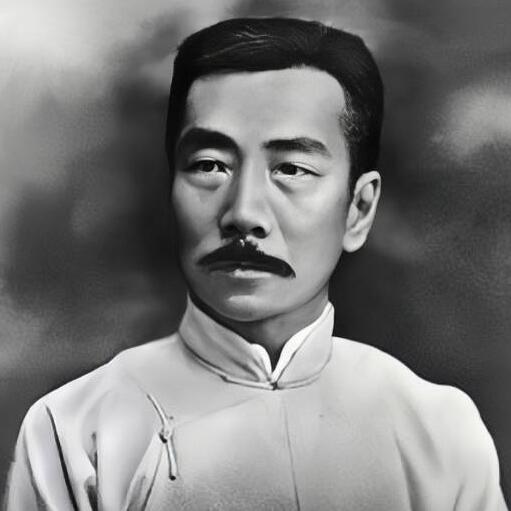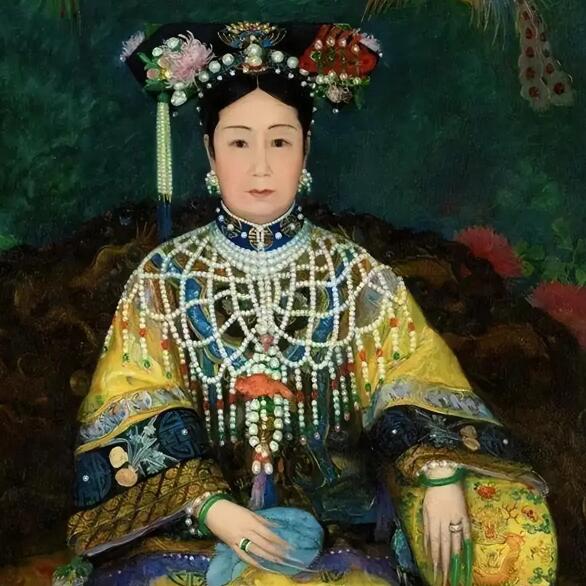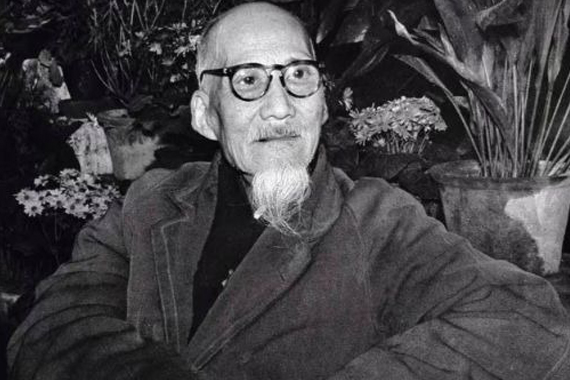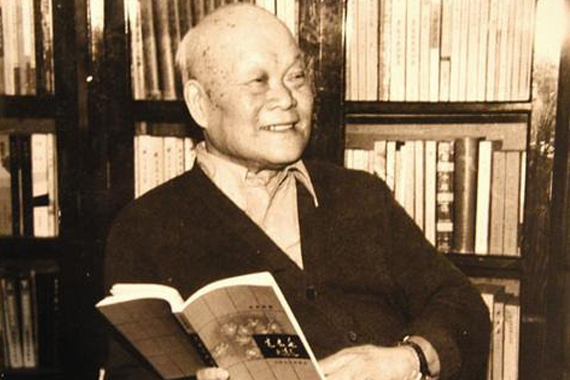-
具有 编辑
具有(jù yǒu),汉语词语,即拥有且存有主述事物的属性特征。
中文名:具有
外文名:possess;have
拼音:jù yǒu
定义:具备据有
拼音:jùyǒu
词义:
(1) ∶即拥有且存有主述事物的属性特征。
(2) ∶拥有,保有 这场运动具有深远的历史意义,
英文:1. possess,2. have
1. :拥有 。
具有很大的耐心。
2. :拥有,保有。
这场运动具有深远的历史意义。
犹具备。唐 慧能 《坛经·般若品》:“三世诸佛、十二部经,在人性中,本自具有。”2.
有;存有。丁玲《庆云里中的一间小房里》:“两人都各具有一张快活的脸。”魏巍 《东方》第六部第一章:“特别是对敌人具有刻骨的仇恨。”
on; with; take on...; in the nature of; complete with; be endowed with; endow with; Hemingwayesque
例句与用法
1.人们对于虚构的地狱中的鬼神仍具有一种普遍的恐惧。People still have a general fear for the imaginary infernal powers.2.
从事这个工作你必须具有英语专业的大学学位。To do this job, you must have a degree in English.3.
许多植物具有医药性能。Many plants have medicinal properties.4.
我们需要具有真知灼见的人来领导这个党。We need someone with real vision to lead the party.5.
他具有丰富的教学经验。He is equipped with much experience in teaching.6.
整个计划开始具有更切合实际的性质。The whole scheme began to take on a more practical aspect.7.
爱迪生具有善于挑选适当的人处理他的事务的才能。Edison has had the gift of picking the right men to handle his affairs.8.
协议对双方具有约束力。The agreement is binding on both parties.
1、本站所有文本、信息、视频文件等,仅代表本站观点或作者本人观点,请网友谨慎参考使用。
2、本站信息均为作者提供和网友推荐收集整理而来,仅供学习和研究使用。
3、对任何由于使用本站内容而引起的诉讼、纠纷,本站不承担任何责任。
4、如有侵犯你版权的,请来信(邮箱:baike52199@gmail.com)指出,核实后,本站将立即删除。






























